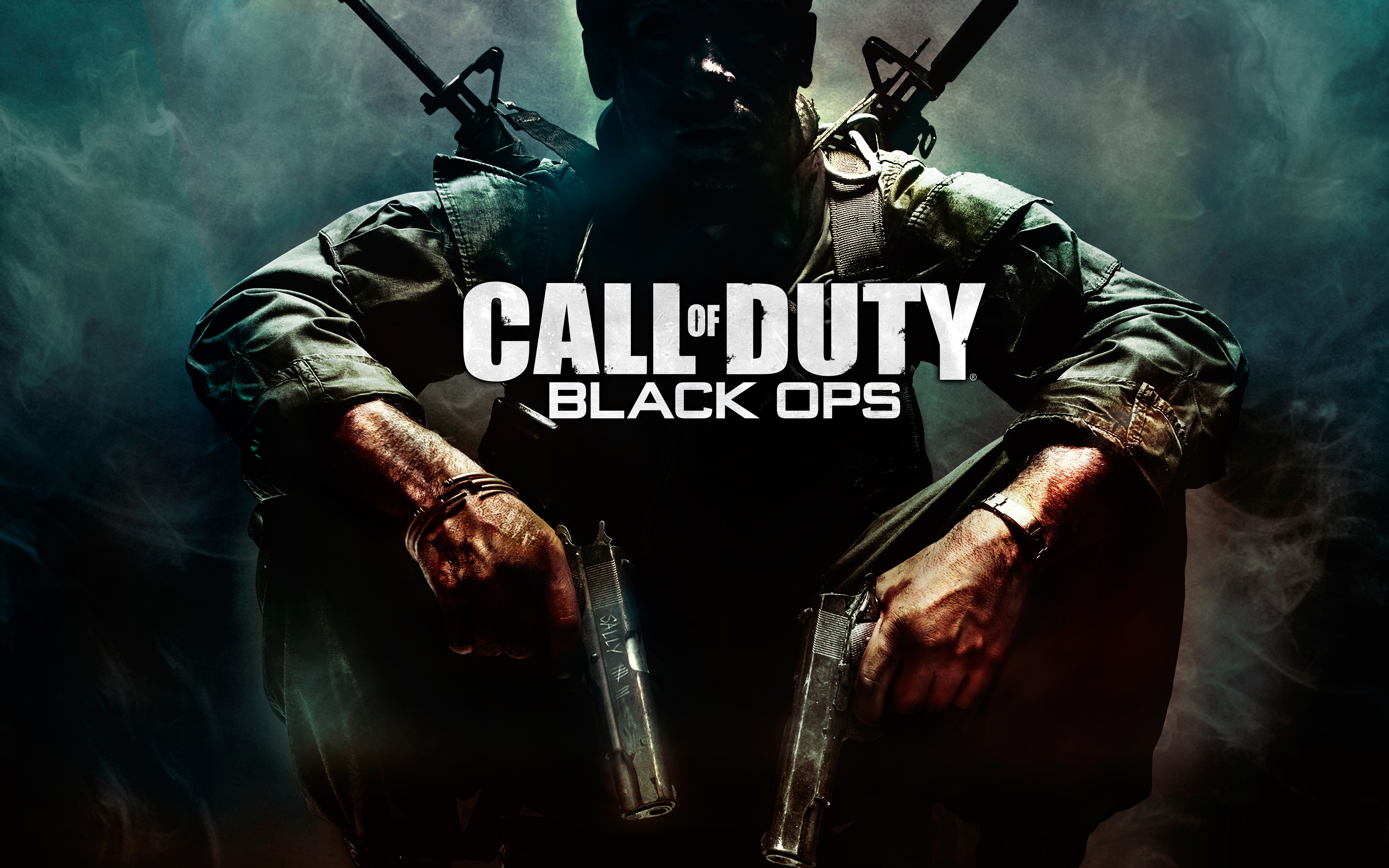Peter Chao’s Call of Duty: Peter Chao Call Of Duty Black Ops

Peter Chao’s contributions to the Call of Duty franchise, while not always explicitly detailed in public records, remain significant, particularly in his role within the development of Call of Duty: Black Ops. Understanding his specific responsibilities requires piecing together information from various sources and industry knowledge, given the generally private nature of game development credits beyond lead roles. This analysis aims to illuminate his likely impact, drawing on industry standards and the known success of Black Ops.
Peter Chao’s Role in Call of Duty: Black Ops, Peter chao call of duty black ops
Pinpointing Peter Chao’s precise role in Black Ops necessitates inference based on his career trajectory and the typical structure of large-scale game development teams. Given the scale of the project and Treyarch’s structure, he likely held a mid-to-senior level position, potentially within programming, design, or a related engineering capacity. His responsibilities might have encompassed elements of gameplay mechanics, level design integration, or optimization of the game engine for the specific hardware of the time. The absence of publicly available detailed credits for individuals beyond lead positions makes definitive statements challenging.
Comparison with Other Call of Duty Contributions
Without explicit documentation of Peter Chao’s involvement in other Call of Duty titles, a direct comparison is impossible. However, his experience on Black Ops would likely have informed his approach to subsequent projects, regardless of his specific role or title. The skills and knowledge gained in developing a highly successful title like Black Ops, such as efficient resource management, optimization techniques, and gameplay balancing, are transferable assets valuable in any subsequent game development endeavors.
Impact of Peter Chao’s Design Choices on Black Ops
The impact of any individual developer on a massive project like Black Ops is difficult to isolate. However, we can infer potential contributions. For example, if Chao worked on gameplay mechanics, his choices might have influenced the feel of the weapons, the responsiveness of controls, or the balance between different gameplay styles. Similarly, contributions to level design might have shaped the overall player experience, impacting flow, pacing, and the overall strategic possibilities within each map. The success of Black Ops suggests that many of the underlying design decisions, whatever their individual origins, were highly effective.
Timeline of Peter Chao’s Involvement in Black Ops
Creating a precise timeline requires access to internal development documents, which are generally not publicly available. However, a plausible timeline based on the game’s development cycle can be constructed.
| Date | Event | Role (Inferred) | Impact (Inferred) |
|---|---|---|---|
| 2008-2009 | Pre-production and early development | Likely involved in initial design discussions, planning, and technical setup. | Contributed to the foundational architecture and design philosophy of the game. |
| 2009-2010 | Main development phase | Potentially involved in programming, level design integration, or optimization. | Likely contributed significantly to gameplay mechanics, level design, or performance optimization. |
| 2010 | Testing and polishing | Likely involved in bug fixing, balancing, and final optimization. | Contributed to the overall quality, stability, and playability of the final product. |
| November 2010 | Release of Call of Duty: Black Ops | N/A | His contributions, however indirect, played a role in the game’s critical and commercial success. |
